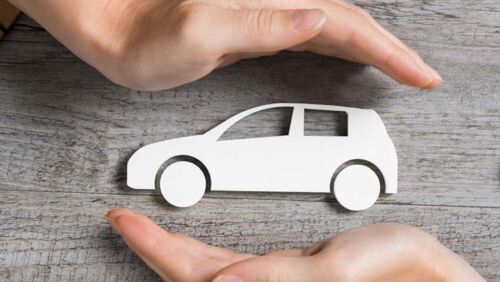Pass on cheaper fuel prices to motorists, ACCC tells petrol stations
By David Thornton
Petrol stations are being urged to pass on falling oil prices at the pump as motorists continue to suffer the financial fallout of the coronavirus crisis.
Since the start of the year, weekly average international crude oil prices have decreased by around US$50 as barrel, with most of this drop translating to lower wholesale fuel prices in Australia.
"The drop in the crude oil price is good news for the Australian motorists. At this time the Australian economy needs all the assistance it can get, and lower world crude oil prices are one of the few positives from current world events," says Australian Consumer and Competition Commission (ACCC) chair Rod Sims.
"In the larger Australian capital cities, petrol retailers took too long to pass on the savings from the rapid drop in international oil prices, and this did not reflect well on them."
Price falls in regional cities - namely Hobart, Canberra and Darwin - have been less consistent, but this is typical due to lower demand, fewer stations, and higher transport costs.
"We have previously found that the lack of vigorous and effective competition in some regional locations was a major reason for higher prices in those locations," says Sims.
"Where there is competition, you tend to see lower prices. Giving your business to outlets that are pricing competitively sends a strong message to those that have high prices that they will lose your business."
Sims recommends motorists compare prices on fuel price apps and websites, such as MotorMouth and the government schemes in NSW, WA and the NT, which also provide information on retail prices in regional locations.
Meanwhile, a new ACCC report has found that the sector brought in a record high $333 million in net profits on petrol products during 2017-2018, while net profits across all fuel products, convenience store and non-fuel services hit $616 million.
Sixty per cent of petrol net profits ($199 million) were made on premium fuels, despite only accounting for about a third of petrol sales by volume.
"Much of the increase in net profits on petrol products was driven by sales of PULP, which has a significantly higher profit margin for retailers," says Sims.
Convenience store sales contributed 37%, $266 million, of the sector's net profits.
"Petrol stations make most of their profits from convenience sales and premium fuel. The average net profits on regular unleaded, at about 1.5 cpl are only a small part of the price motorists pay," according to Sims.
"Drivers who have the option, can save money by resisting the temptation of convenience foods at petrol stations and using regular unleaded petrol, although motorists should follow their car manufacturers' advice."
Get stories like this in our newsletters.



